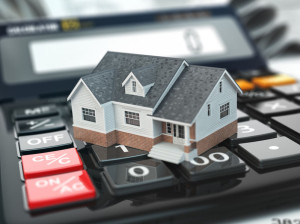When should you lock in your mortgage rate?
 Mortgage rates are on the move. When is the best time to “lock” your mortgage rate? And for how long should your lock be effective? If you’re buying or building a home, you’ll have to answer both of these questions.
Mortgage rates are on the move. When is the best time to “lock” your mortgage rate? And for how long should your lock be effective? If you’re buying or building a home, you’ll have to answer both of these questions.
Unfortunately, there’s not a one-size-fits-all answer to either one. You’ll want to work closely with your loan officer to determine the timing of your rate lock. With an existing home, many buyers wait until the seller has accepted their offer to lock in their rate. With a new home that could take several months to build, deciding when to lock in your rate gets a bit trickier. You’ll want to discuss the matter with your builder and lender before making the decision.
Part of the decision of when to lock in a rate depends on how long your lock will be effective. Typically, borrowers are given the option of locking in for 30, 45, 60 or in some cases, even 90 days or more. Locking in a rate for longer periods of time, however, can come at a cost.
Loan lock provisions can vary, so make sure you understand your own. When is the effective date of your lock and expiration date? Read the fine print and ask for clarification if there’s something you don’t understand. Do you know what happens if there’s a delay and you aren’t able to close on your home before your lock expires? More questions? Just ask!



